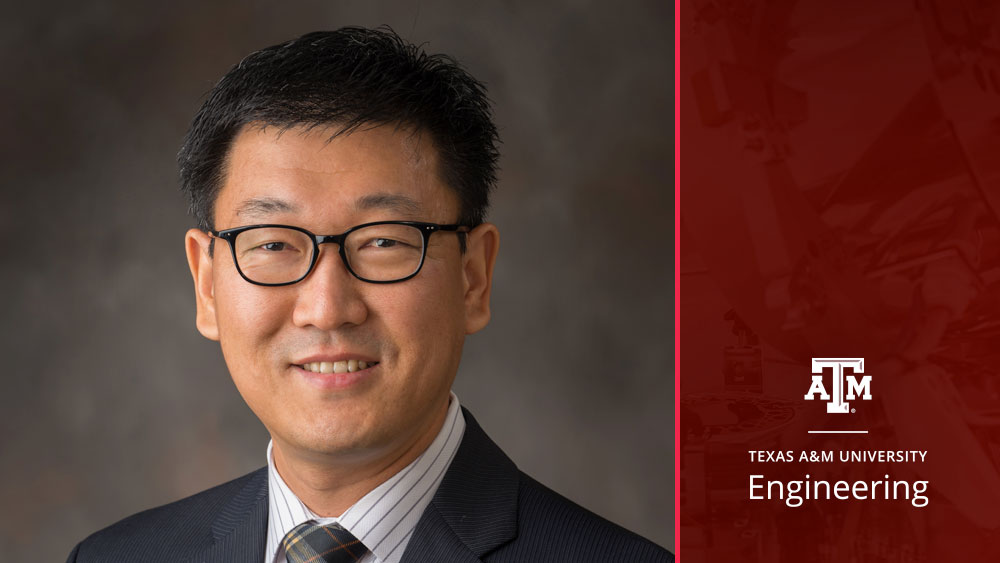
Dr. Yong-Rak Kim was recently elected a fellow of the American Society of Civil Engineers (ASCE), a prestigious honor given to members who have distinguished themselves as mentors and leaders in the civil engineering profession.
Kim is a professor in the Zachry Department of Civil and Environmental Engineering at Texas A&M University, specializing in materials.
"My service under the ASCE umbrella has been wide and deep. I am greatly honored to have been elected a fellow of the organization," he said. "As a fellow, I will keep devoting my scholarly research to materials that significantly impact climate-resilient infrastructure."
The rank of fellow is held by less than 3% of ASCE's more than 150,000 members in 177 countries.
Kim’s contributions include high-impact research on civil engineering materials, mechanics and transportation infrastructure systems. His primary research area is understanding and predicting the behavior of materials and structures subjected to various loads (mechanical and environmental) and different conditions (ordinary to extreme).
"My research outcomes have led to better materials selections, design and structures in a more optimized and mechanistic manner," he said.
Kim's teaching and education have significantly impacted students' learning and workforce development in the last two decades. He has supervised more than 30 graduate students in their master's and doctoral research.
"I have developed and improved course subjects on civil engineering materials, mechanics of materials, roadway engineering and structural design at both undergraduate and graduate levels," he said.
Within the ASCE, Kim is actively involved in the Engineering Mechanics Institute, the Geo-Institute and the Transportation & Development Institute. He has served in various leadership positions on technical committees and journal editorships, organized technical events and special publications and provided critical reviews for various articles.